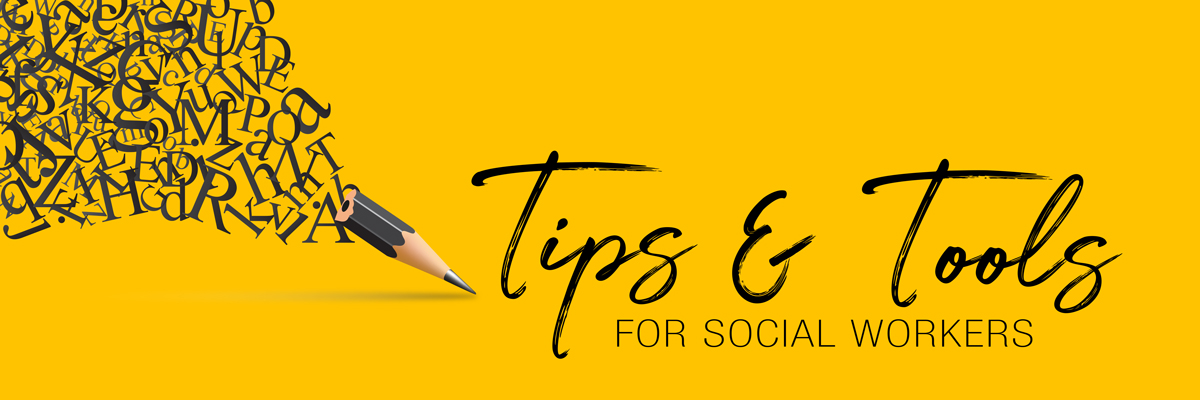
Social Workers Can Help with The Substance Use Crisis
Makeba Royall LCSW, Senior Practice Associate, Behavioral Health
August 2024
The role of social workers in substance use treatment is multifaceted, and they possess the necessary skills, knowledge, and educational resources to offer psychosocial services to individuals, families, and communities that may be experiencing substance use problems. Social workers are important healthcare providers in assisting individuals with substance use disorders as they help remove barriers to treatment.
The Role of Social Workers in Substance Use Treatment
Social workers provide psychosocial assessments and treatment plans that aid in prevention, harm reduction, recovery efforts, counseling, and case management services to individuals who have co-occurring disorders, which may include a mental health or physical health condition in addition to a substance use disorder. Social workers' roles in the context of substance use can involve working with individuals to screen for substance use through the use of assessments and tools related to substance use. These tools and screening processes can involve reviewing an individual's basic needs, their history of substance use, including the frequency and risks involved, traumas, and mental health issues. Social workers create individualized treatment plans that consider the whole person and work in a variety of settings including public health clinics, shelters, hospitals, primary care, community mental health centers, and rehabilitation centers. They connect individuals to community resources and provide follow-up services to help them succeed with their treatment plan.
Specialized Substance Use Training
NASW Standards for Social Work Practice with Clients with Substance Use Disorders states, “social workers shall actively seek to remain current with specialized training” (NASW, 2013, p. 11) and although social workers are able to practice in many settings related to substance use, some states may require social workers to obtain additional certification and licensure even after obtaining their social work license. The focus of substance use treatment certifications and licensure programs varies in each state. Third party payers who reimburse social workers for substance use services may also require additional certifications.
Social workers can help with the substance use crisis and play a vital role in the work related to substance use. As social workers provide support and treatment for individuals, it is extremely important for social workers to stay well informed on best practices and resources that can help with the individuals and families they serve. NASW has developed the following lists of substance use resources for its members.
NASW Resources
NASW Social Work Talk Podcasts
Alcohol, Tobacco and Other Drugs Specialty Practice Section
https://www.socialworkers.org/careers/specialty-practice-sections/alcohol-tobacco-and-other-drugs
Continuing Education for Social Workers via Social Work Online CE Institute
https://naswinstitute.inreachce.com/
Additional Resources
Addiction Counselor. (2023, June 1). Substance Abuse Counselor certifications process and licensing boards. Substance Abuse Counselor Education & Licensure Guides - Addiction Counselor | Addiction-Counselor. https://addiction-counselor.org/degrees/certification-licensing/
Faces & Voices of Recovery, https://facesandvoicesofrecovery.org/engage/events/ , in person and virtual events related to recovery.
NAADAC, The Association for Addiction Professionals offers free webinars on demand that can be helpful in increasing your knowledge related to substance use.
Providers Clinical Support System (PCSS), https://www.samhsa.gov/providers-clinical-support-system-pcss, SAMHSA funded national training program on substance use disorder (SUD), alcohol use disorder (AUD), and opioid use disorder (OUD).
References
National Association of Social Workers. (2013). NASW standards for social work practice with clients with substance use disorders. https://www.socialworkers.org/Practice/NASW-Practice-Standards-Guidelines/NASW-Standards-for-Social-Work-Practice-with-Clients-with-Substance-Use-Disorders)
Screening and Assessment Tools Chart. (2023, January 6). National Institute on Drug Abuse. Retrieved July 12, 2024, from https://nida.nih.gov/nidamed-medical-health-professionals/screening-tools-resources/chart-screening-tools
Substance Abuse and Mental Health Services Administration. (2020). Comprehensive case management for substance use disorder treatment. In Substance Abuse and Mental Health Services Administration. https://store.samhsa.gov/sites/default/files/PEP20-02-02-013.pdf